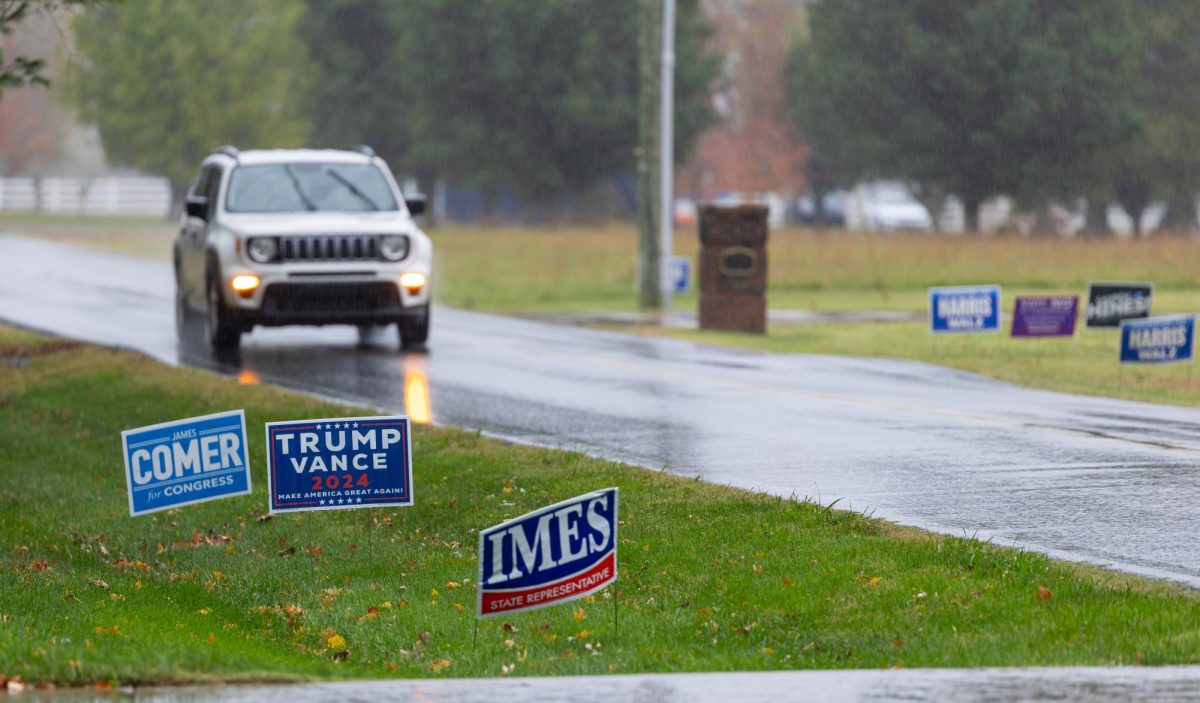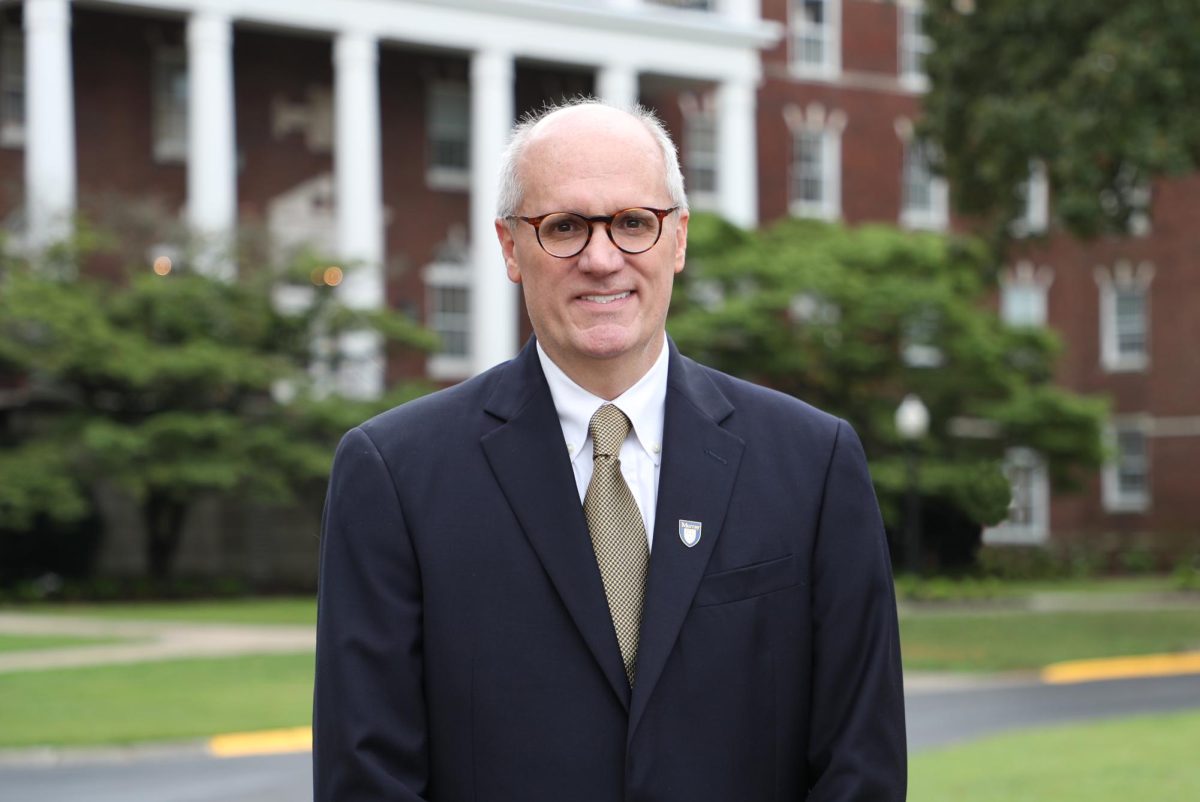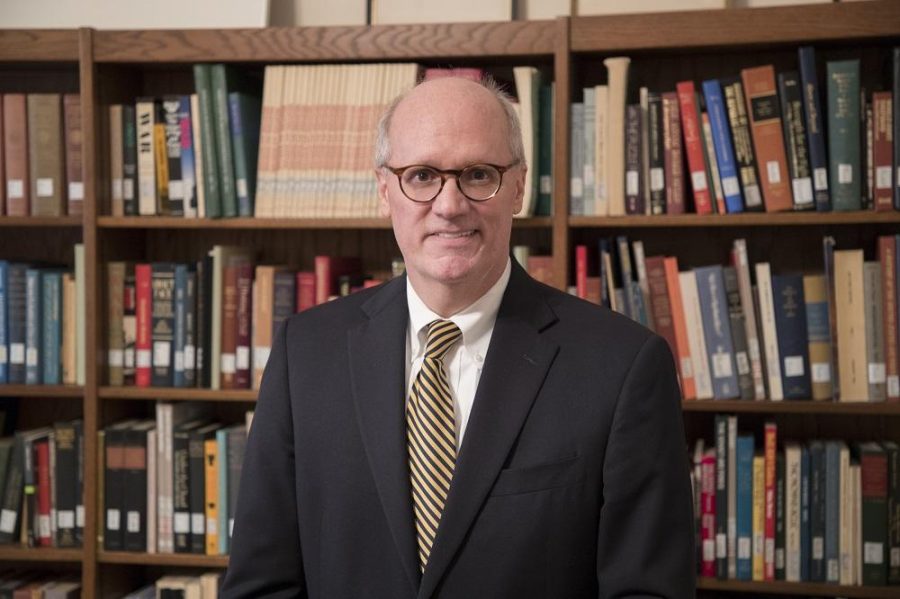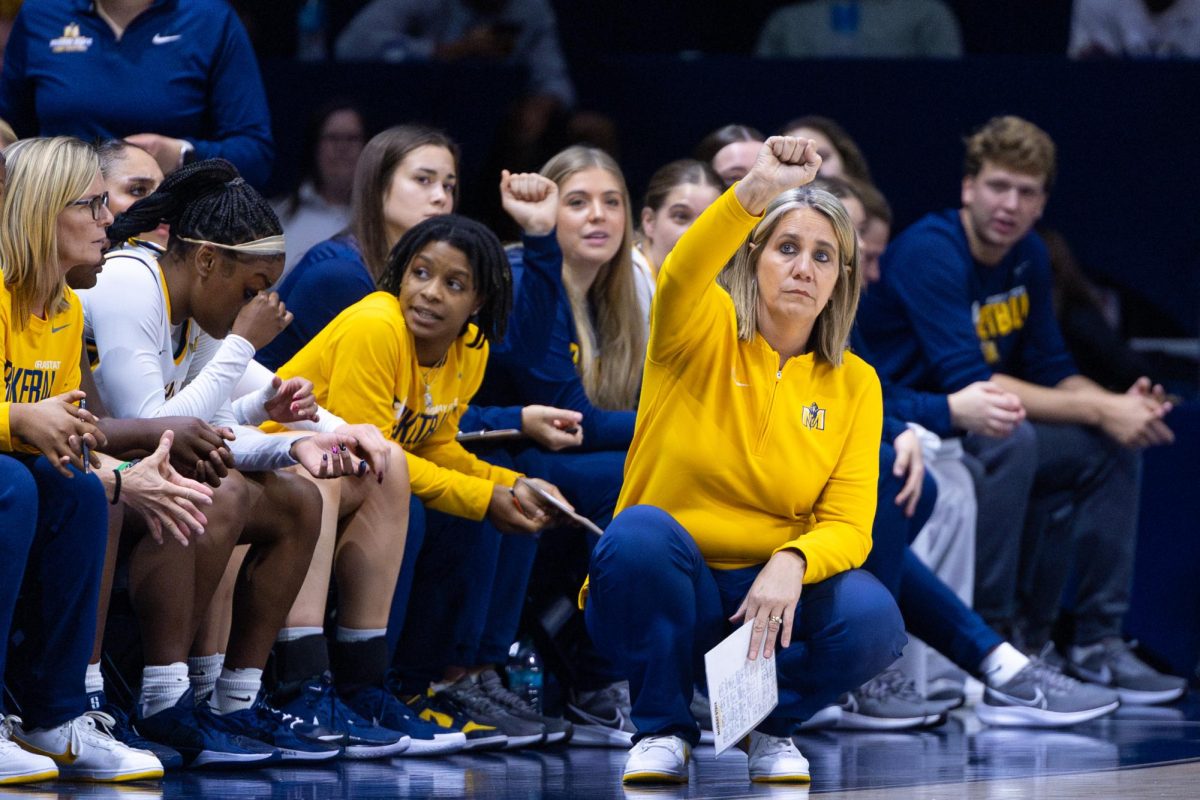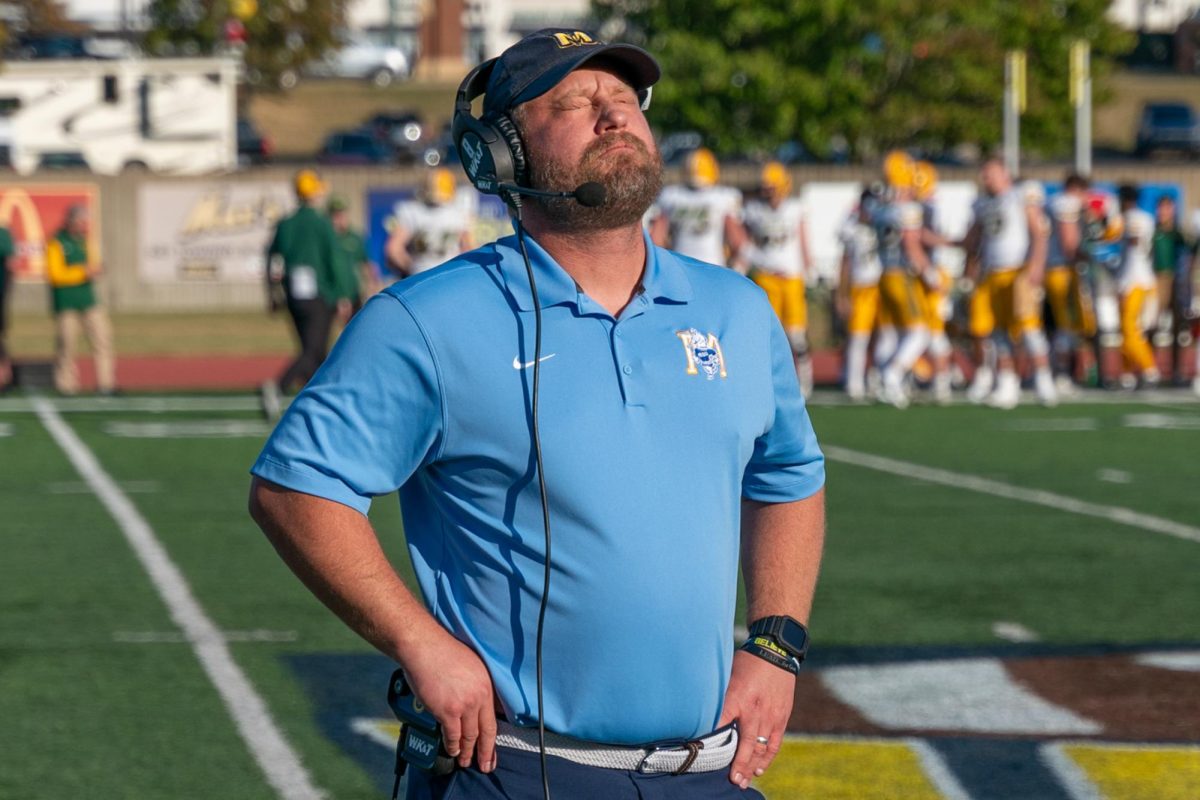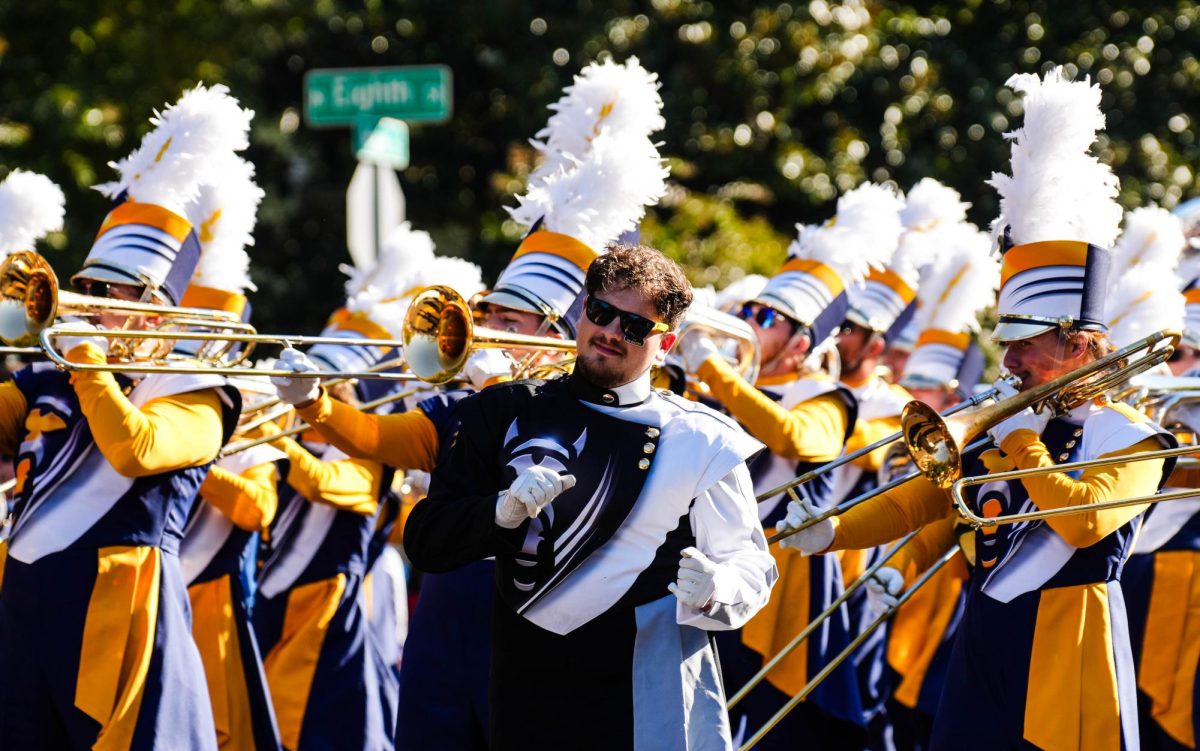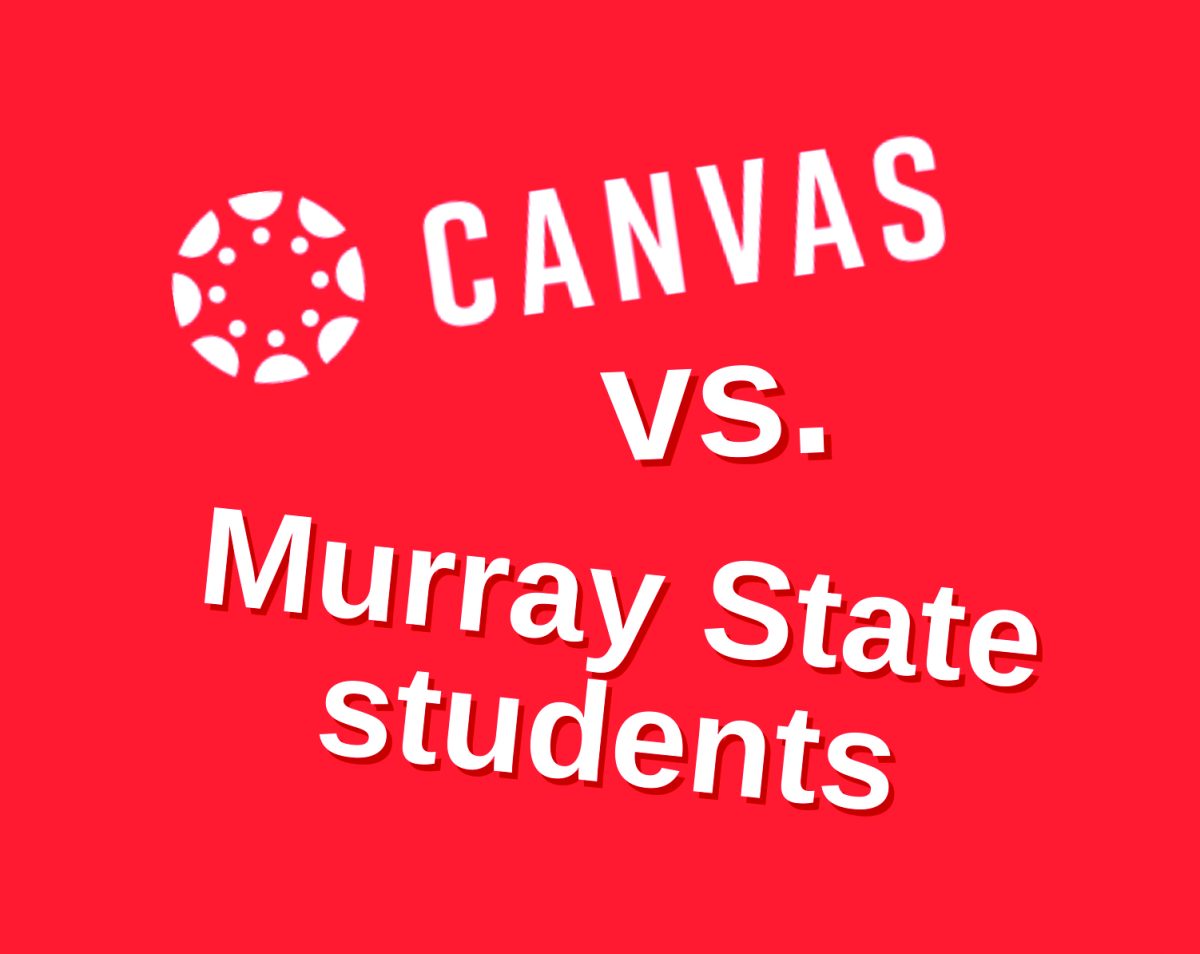Ava Chuppe
Staff Writer
[email protected]
According to the 2021-2022 Staff Perspective Survey results reported at the March 30 Board of Regents meeting, 42.52% of staff members have considered leaving the University. Since 2010, the University has seen a steady decline in staff by about 500 positions.
The annual survey, administered to all staff at the University, aims to gain insight on potential areas of improvement and boost staff retention rates.
Staff Congress leaders President David Wilson, Vice President Matthew Jones and Treasurer Trish Lofton discussed the issues staff members raised in the survey.
Wilson said his job was not to give his own opinions but to report those of his constituents.
“One of Staff Congress’s most important functions … is that we are charged to keep the president of the administration informed of issues that impact the staff, and we take that seriously,” Wilson said.
The Staff Congress leaders began by discussing the preservation of tuition waiver benefits, which over 18% of staff comments specifically referenced.
“It’s important that all employees full-time, part-time, retirees and their dependents have the opportunity to utilize the full breadth of the tuition waiver benefit,” Jones said.
The survey also addressed the University closure policy, prompting some respondents to request flexible and remote work options in the case of a closure.
Two questions in particular covered work experiences during the pandemic. Of the respondents, 86.03% reported they performed remote work in the last year. Among those who worked remotely, 71.62% said they strongly agree, or tend to agree, they had a favorable experience. However, some reported inequities in remote work.
“Issues of unequal workload and a lack of adequate tools to perform their job remotely were reported,” Lofton said. “Technology was not available for some staff because they just couldn’t afford it.”
For the statement that vacancies are filled in a timely manner, 39.74% of respondents indicated they tend to disagree, while 22.71% strongly disagree.
Jones said the timely filling of vacancies across Murray State has been at the forefront of the conversation for a long period of time.
“It often takes months to fill a vacant position on campus, whether that’s on the faculty side or the staff side,” Jones said. “This puts a new pressure and strain on remaining staff members as they’re often asked to complete their original duties, plus the duties of the vacant position, often without additional compensation for the increased workload.”
Additionally, Jones said the University has a critical need to reevaluate its hiring practices.
“With the slow hiring practices, we miss out on some high-quality staff members because they’ve either accepted another position at another organization or they’re no longer interested in a position here at Murray State,” he said.
Lofton also revealed staff dissatisfaction with advancement opportunities. Among respondents, 29.60% answered they strongly disagree, and 21.52% answered they tend to disagree, that advancement opportunities are adequate.
“Staff comments reflected their dissatisfaction, citing feelings of stifled ambition and frustration with the inequitable opportunities from promotion, transfer and a lack of salary increases due to position changes,” Lofton said.
Finally, Wilson addressed staff pay, as 39% identified pay raises as a major concern.
“We understand that providing raises is not easy,” Wilson said. “As a budget manager in a department, I completely understand it is not easy to come up with 1%.”
While acknowledging the difficulty of the issues, Wilson maintained it is necessary to confront them.
“I just feel strongly that we have an obligation to let you know that the staff is here to support you, but they just really feel that they need to have some of these dialogues,” Wilson said.
Though this year’s survey is closed, staff members can report comments, concerns and suggestions by visiting murraystate.edu/staffcongress.








